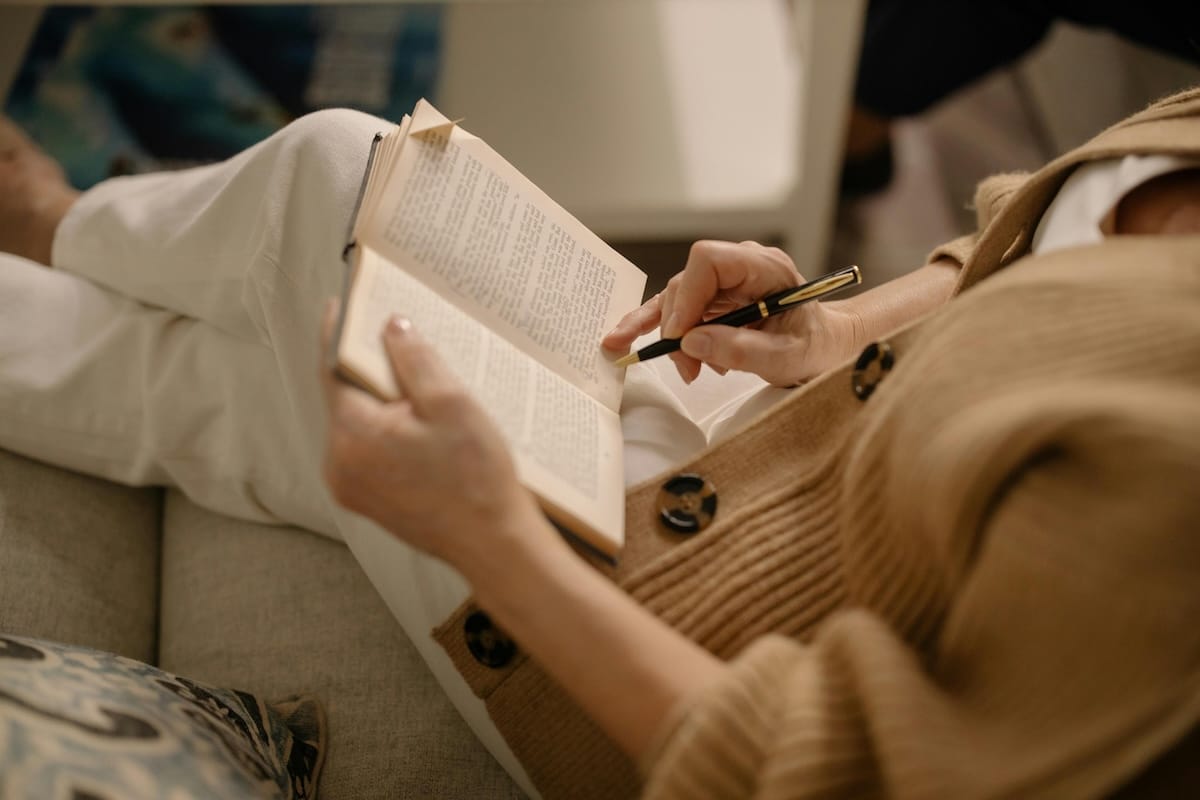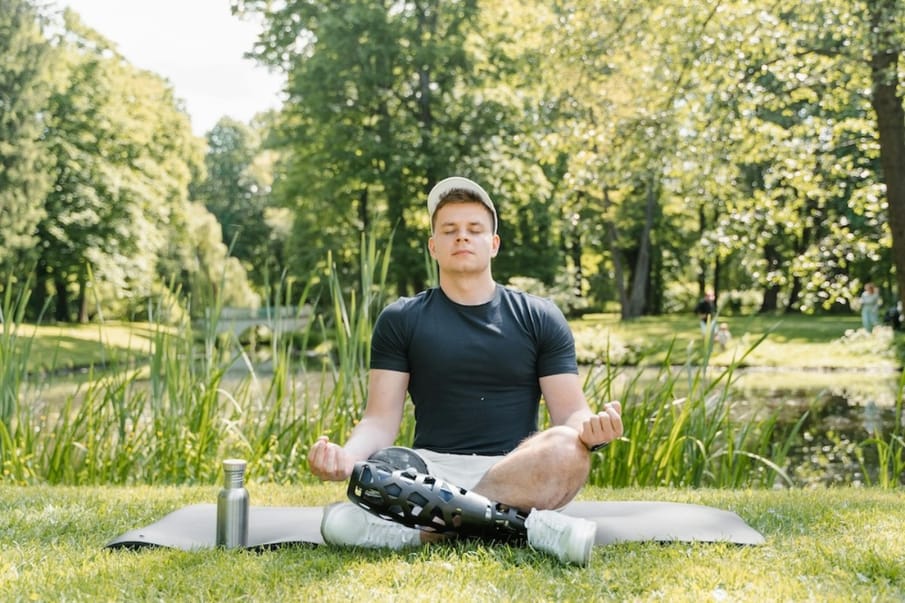Big life changes can come with a lot of uncertainty, as you get to grips with new information, needs, and feelings. We’re sharing six crucial tips for establishing your way forward following a disability diagnosis
Whether you are born with it, acquire it through an accident, or receive a diagnosis later on in life, when it comes to the topic of disability, there can be a mass of conflicting feelings. From medical support to the impact on your daily life, there is a lot to deal with, and particularly for the latter two it can feel like a sudden upheaval, which can be incredibly difficult to cope with.
The Equality Act defines disability as a ‘physical or mental impairment’ which has a ‘substantial’ and/or ‘long-term’ effect on carrying out daily activities. This also encompasses conditions that individuals may prefer to refer to as neurodivergence, such as autism and attention deficit hyperactivity disorder (ADHD).
I’ve been disabled all my life. While I’ve always been autistic, I wasn’t diagnosed until I was nearly 16. Now I have anxiety, polycystic ovary syndrome (PCOS), and I’m awaiting surgery for what is likely to be endometriosis. I also have vestibular migraine, which impacts my ability to walk, and a vertigo condition that went undiagnosed for six months. It’s fair to say I’ve had to process a lot of diagnoses, and the avalanche of information that comes with this, so these are the ‘hacks’ I’ve picked up along the way when dealing with disablement.
1. Allow yourself to sit with the feelings
If you have a new diagnosis or condition, there will be a lot of conflicting feelings and questions that might arise. Allow yourself to sit with these. This could be through talking to a therapist, journaling, taking yourself away to think, or making a list of queries you want answered. Feelings need to be ‘felt’ for a healthy response, so don’t fret if you need space to gather your thoughts before you’re able to process this news properly.
2. Find your tribe
Disability can be lonely at times, as well as isolating, particularly when it comes to new experiences or learning to adapt. Be it through support groups that are condition-specific – e.g. via the NHS, or Facebook groups – finding other people who are ‘in the same boat’ can allow you to feel less alone. Together, you can share experiences, advice, and have a safe space to open up about your feelings or fears.
3. Tap into accurate representation
While on-screen representation of disability is often limited, actively seeking out places where you can see yourself reflected can make a big difference when you are feeling isolated. Take Ruth Madeley on Doctor Who last year, who played Shirley Anne Bingham; the actress, who has spina bifida, later reported that children were asking for her as a collectable figure for Christmas. Disability representation is important in reflecting our reality. While more work needs to be done by society to improve inclusivity and representation in the mainstream, just know that there are films, TV shows, and even books about your diagnosis out there, and this can certainly offer some comfort.

4. Read up on the Disability Justice Movement
The Disability Justice movement has a long history across the world; in the UK there was Barbara Lisicki, and the US had Judy Heumann. As a collective movement, it offers up companionship, as well as the assurance of rights in law for all. The BBC drama Then Barbara Met Alan, available on BBC iPlayer, is a dramatisation of how the UK eventually arrived at the Disability Discrimination Act, which made way for equal rights in law, and outlawed discrimination against disabled people. Understanding how others have fought for your rights can be incredibly empowering, enabling you to gain a clearer picture on where things currently stand.
5. Think on how to ‘pimp’ mobility aids
Sometimes mobility aids need to be used – such as a wheelchair, power-chair, walking stick, or a crutch – but just because these are practical items doesn’t mean they have to be boring; it could be an opportunity to express yourself. Disability does not mean stopping with interests, such as fashion and beauty. Neowalk is a firm that offers custom-made canes that light up, bedazzled accessories, and other attachments. Not Your Grandma’s sells other accessories such as compression socks, with prints like cats, planets, and Barbie pink backgrounds. Think how you can ‘pimp’ your mobility aids, for something that is a little bit more you.
6. Self-care is a must, so show yourself some kindness
No one should have to apologise for the way in which they function. However, disability can sometimes mean that enforced rest is needed, to slow down or set aside hobbies for the sake of our health. It can feel utterly hideous to be forced into such a position. Regular self-care is an absolute ‘must’. Pace Yourself by Amy Arthur looks at the concept of taking things at your own pace; it’s worth the consideration to help you find a balance between supporting and nourishing yourself, and still enjoying the things that make your life fulfilling.


Comments